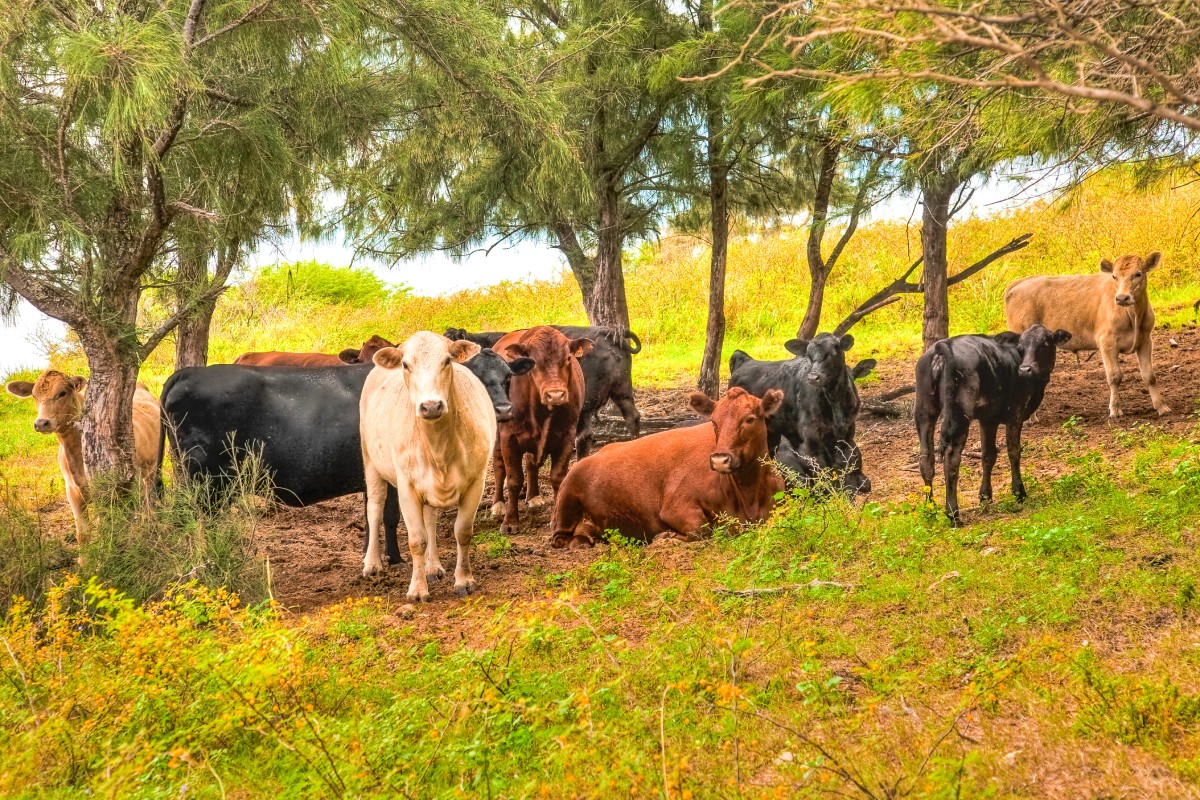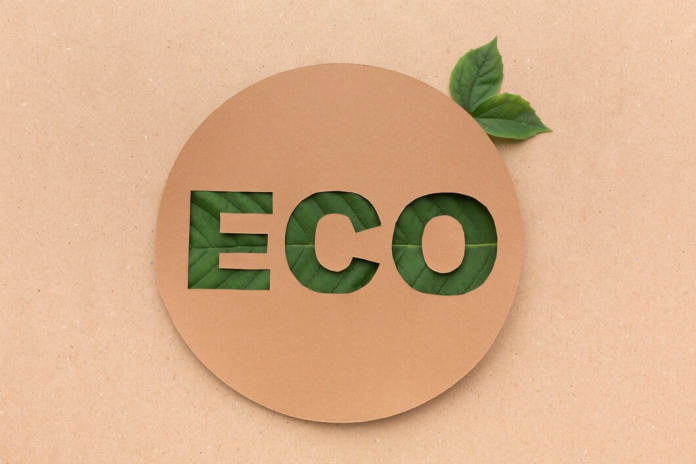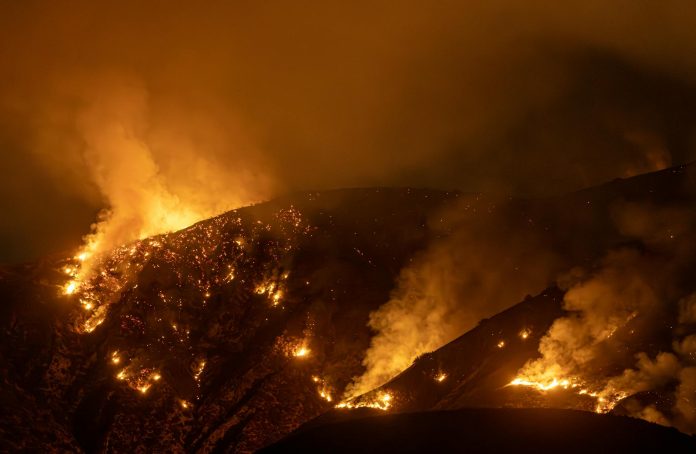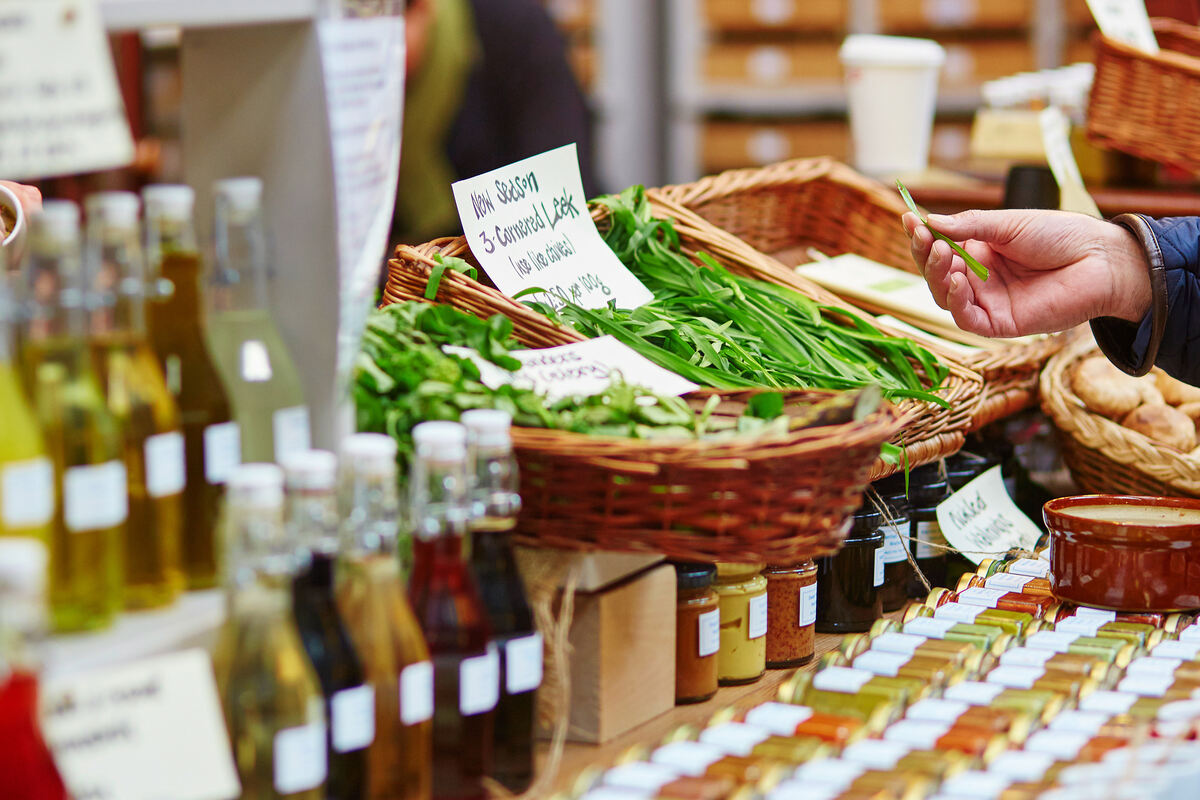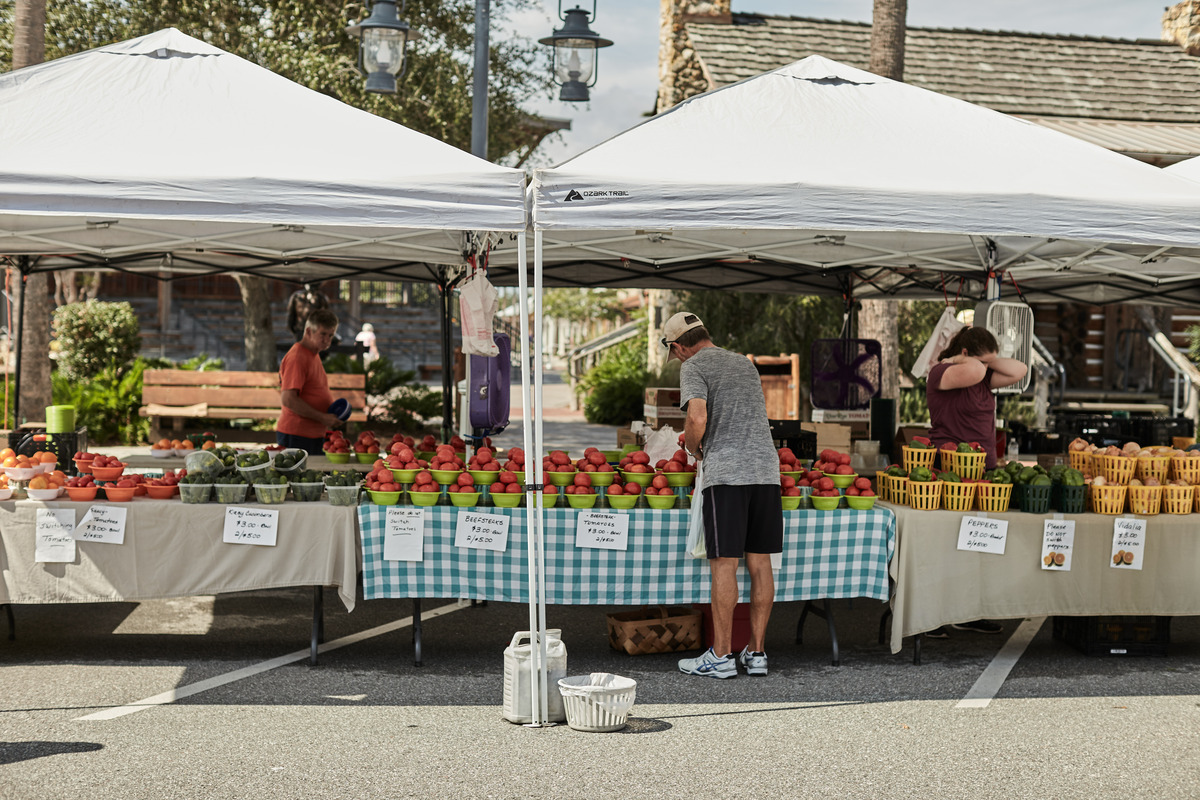Exploring the importance of having shade trees on a farm reveals their hidden potential and beauty. These trees, often overlooked, play a crucial role in farm management and sustainability. For farmers and environmentalists, understanding these roles can transform agricultural practices and enhance farm productivity. Keep reading as we explore the most pertinent benefits of shade trees.
Enhancing Livestock and Crop Protection
Strategically planted shade trees offer vital protection for livestock and crops on farms. They provide cooling relief from harsh sunlight, reduce stress in animals, and prevent heat-related illnesses. For crops, shade trees act as natural barriers against excessive sunlight and wind, promoting healthier growth and resilience.
Cultivating Soil Health
The presence of shade trees contributes significantly to improving soil health on farms. Their fallen leaves and organic matter enrich the soil and encourage the growth of beneficial microorganisms. These microorganisms break down nutrients, making them more accessible to crops and resulting in healthier yields and more robust plants.
Protecting Water Resources
Shade trees also play a pivotal role in water conservation on farms by reducing evaporation rates. Their canopies create a microclimate that retains moisture in the soil and makes sure that water resources are used more efficiently. This not only conserves water but also helps maintain optimal conditions for crops and livestock.
Preserving Biodiversity
Shade trees support biodiversity by providing habitats for various wildlife species, including birds and insects. This biodiversity is essential for ecosystem balance, as these species contribute to pest control and pollination. Farmers can naturally enhance crop productivity and resilience by fostering and preserving biodiversity.
Boosting Carbon Sequestration
Shade trees help combat climate change by sequestering carbon dioxide from the atmosphere. Through photosynthesis, they store carbon in their biomass, gradually reducing greenhouse gas emissions. This makes shade trees an essential tool for farmers aiming to minimize their carbon footprint and promote sustainability.
Increasing Economic Value
The economic benefits of shade trees extend far beyond their immediate environmental advantages. By reducing energy costs associated with cooling and irrigation, shade trees offer long-term savings for farmers. Additionally, they enhance the aesthetic and market value of farms and attract potential buyers or investors.
Promoting Drought-Resistance
In California, for example, shade trees have proven invaluable in supporting drought-resistant crops. These trees create favorable microclimates that nurture crops in water-scarce regions, boosting yields despite challenging conditions. Farmers benefit from strategic shade tree planting and ensure their farms thrive even in arid climates.
Plant Shade Trees Wisely
When planting shade trees, farmers should consider factors such as soil type, available space, and tree species suited to their specific climate. Consulting with experts or local agricultural extensions can provide valuable insights. Proper planning and placement of shade trees will maximize their benefits and oversee successful integration into the farm ecosystem.
Contributing to Sustainable Farming Practices
Integrating shade trees into farms aligns with broader environmental and sustainability goals. These trees reduce energy consumption by providing natural cooling, thus minimizing reliance on artificial cooling systems. Farmers can take simple steps like planting shade trees to conserve energy and promote sustainable practices.
Shade trees are a powerful asset for farms seeking to enhance their operations sustainably. By recognizing their potential in protecting crops, conserving water, and improving soil health, farmers can make informed decisions about incorporating shade trees into their land.

